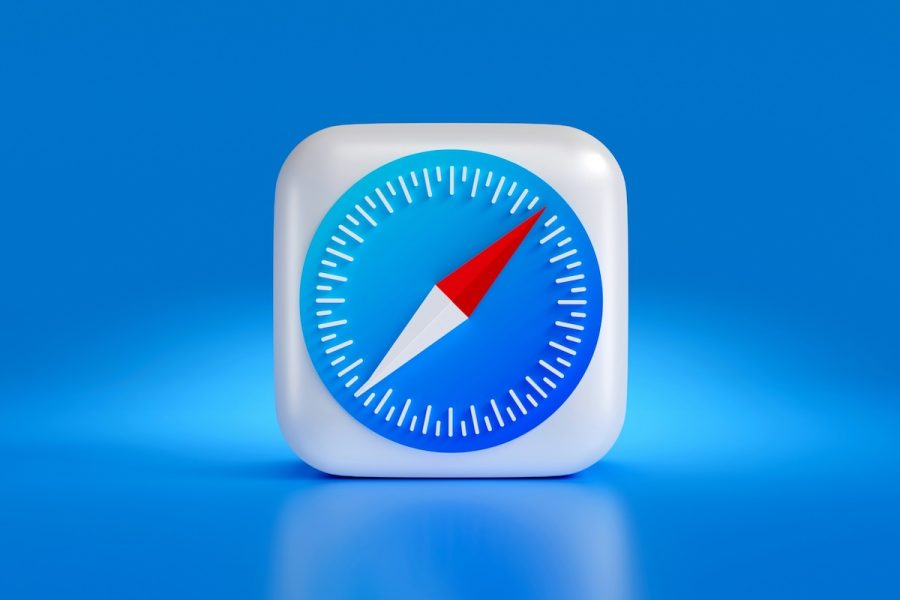[ad_1]

Apple’s newest conflict with the EU has left European Safari customers probably susceptible to net exercise monitoring.
Apple has a historical past of making an attempt to dodge EU rules, even getting slapped with a €1.8 billion superb for streaming violations in March. Now, the corporate’s remaining cave-in to European antitrust guidelines by permitting third-party apps on iPhones has left customers probably susceptible to net exercise monitoring.
Beforehand, Apple’s Safari has been touted as a non-public, protected option to browse. Now, nonetheless, as reported by The Register, builders Talal Haj Bakry and Tommy Mysk have uncovered that the way in which Apple has allowed third-party apps entry leaves potential privateness gaps.
Basically, when visited by Safari by iOS, any web site can pin a selected authorised software program market with a novel identifier for each person. As customers transfer from website to website, that data will be quietly disclosed to a third-party (aka non-Apple) app retailer. This monitoring information will be person for focused advertisements and different data-driven personalization.
Is there an actual threat to Apple Safari customers?
Because it stands, this threat seems to solely apply to iOS 17.4 customers within the EU and there aren’t but any studies of the privateness hole being exploited. Nevertheless, the potential seems to be there.
“Our testing exhibits that Apple delivered this function with catastrophic safety and privateness flaws,” wrote Bakry and Mysk in an advisory printed on April 28.
The main failings of Apple, in line with the developer duo, is that: it fails to examine the origin of the web site, permitting for unsupervised monitoring; it doesn’t validate the JSON Internet Tokens, ‘opening the door’ for malicious focusing on; and it lacks certificates pinning, providing room for an middleman to entry the communication.
iOS customers in Europe are urged to make use of a special privacy-driven browser, akin to Courageous or DuckDuckGo, which each plug the gaps that Safari has left open in Europe.
Featured picture: Unsplash
[ad_2]


